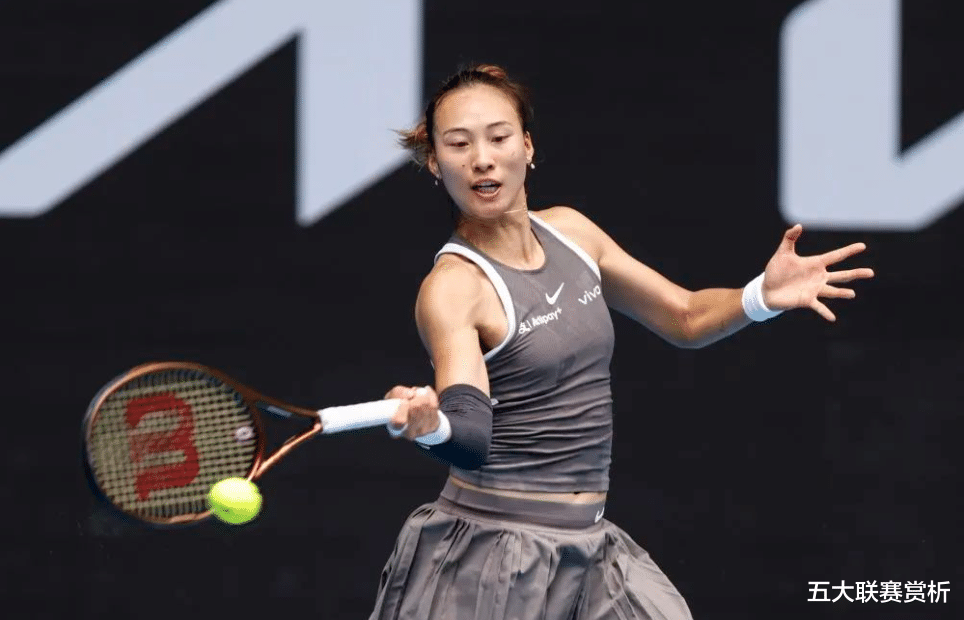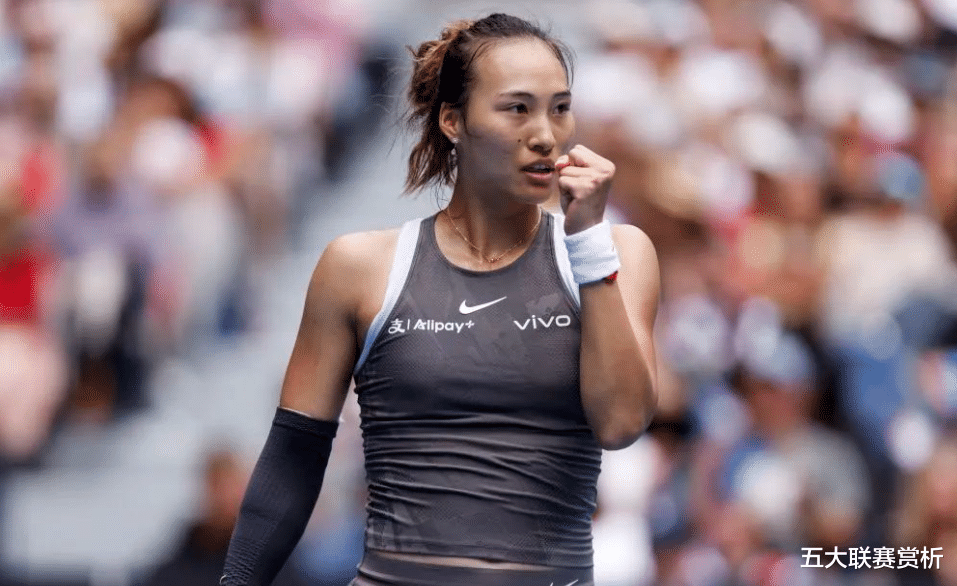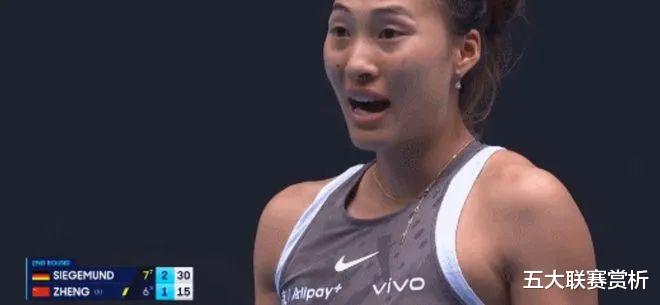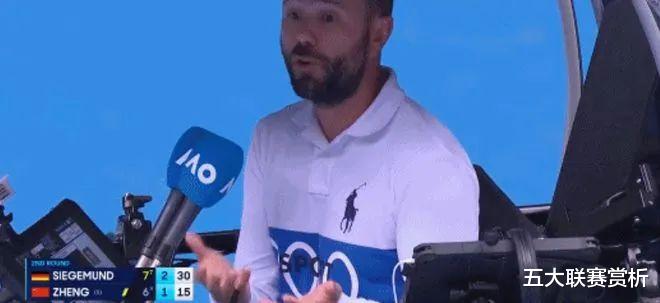Translation of the article content into English:
In the midst of the expectations of countless fans, Chinese tennis player Zheng Qinwen suffered an unexpected defeat! Many fans were still looking forward to her facing off against Sabalenka in the quarterfinals of the Australian Open for another "climbing" battle. However, now only Sabalenka remains in the fight. Upon learning of Zheng Qinwen's upset exit, Sabalenka also expressed her feelings, saying, "I saw that she lost, and I'm very sad. This is a Grand Slam event; it won't become easier for me just because Zheng Qinwen is out. It's not like that!"

Many fans are curious as to why Zheng Qinwen, who played so well last season and even managed to defeat players like Polini and Rybakina at the WTA Finals, couldn't even overcome 36-year-old veteran Siegemund, ranked 97th. After all, during the United Cup, Siegemund lost 1-2 to Chinese player Gao Xinyu in the women's singles competition!
From my personal analysis, there are three main reasons for Zheng Qinwen's upset exit. These include her team, the Australian Open organizers, and the deviation in Zheng Qinwen's playing style.

First, let's talk about Zheng Qinwen's team. In Zheng Qinwen's team, the agent and coach play two very important roles. The former is responsible for making money, while the latter is responsible for performing well in matches. Only when both maintain a balance can Zheng Qinwen manage both aspects of playing well and earning money.
However, since Pereira went for surgery, Zheng Qinwen's coach has become the Argentine Botini. The extent of his influence within the team is unknown. Judging from Botini's expression during Zheng Qinwen's match against Siegemund, he seemed neither tense nor anxious but rather calm. This unusual behavior might suggest that Botini was somewhat dissatisfied with Zheng Qinwen withdrawing from the United Cup, not participating in the Brisbane station, but instead joining the Australian Open charity match. However, being new, he had no decision-making power and could not change anything.

As a head coach, no one is unaware of what it means to drop into a Grand Slam without any warm-up matches.
Zheng Qinwen's agent, on the eve of the Australian Open, still had her endorse new brands. Even knowing she had an elbow injury, they had her participate in the commercial Australian Open charity match. This clearly prioritized making money over the more important Grand Slam events.

Next, let's discuss the Australian Open organizers. Undoubtedly, this time Zheng Qinwen completely became a promotional tool for the Australian Open organizers. Whether inviting Zheng Qinwen to participate in charity matches or opening ceremony countdowns, these activities had ulterior motives. Thanks to Zheng Qinwen's influence, the Australian Open added several new sponsors from China. They made money, but Zheng Qinwen's plans were completely disrupted.
Like Sabalenka, Gauff, Swiatek, and other players who were competing, Zheng Qinwen had to train and participate in commercial activities and endorsements. When Sabalenka, Gauff, and others finished their matches and rested to prepare for the Australian Open, Zheng Qinwen was still participating in charity matches. Her rhythm was completely opposite to theirs.

As the saying goes, nothing is invincible. The Australian Open this season attached so much importance to Zheng Qinwen, not because her actual level was particularly strong, but because her influence in China was profitable and could bring them significant economic value. Zheng Qinwen herself and her team probably got a bit carried away. Being so valued by a Grand Slam organizer for the first time, they couldn't help but lose control. Of course, this is understandable; after all, everyone is human, not gods.
Finally, there's Zheng Qinwen herself! Since topping the ACE serve list last season and being hailed as the ACE Queen, her playing style seems to have deviated. She excessively pursued serve angles, was too fixated on serving ACEs, and always wanted to kill opponents with a single shot.
In the match against Siegemund, Zheng Qinwen served 11 ACEs, and in the first round, she served 7 ACEs. Yet, she experienced a second-round exit. The reason is that tennis matches actually emphasize a combination of factors such as serving, scoring, defense, and movement speed. ACE serves often represent sporadic scoring opportunities, akin to "miracle shots" in football! If you treat such "sporadic scoring" as a normalized scoring method and expend considerable effort training for it in your usual practice, the end result will be that other abilities do not improve! Instead, it affects overall performance! Even if you hit 11 ACEs in a game, you can still be swept 0-2.
Moreover, serving ACEs requires a very high level of match feel from the player. When your touch is good, everything works. When it's not, not only is the first serve rate extremely low, but it also affects your mentality during the match. For example, in the second set, Zheng Qinwen once served, and not only did the first serve not cross the net, but it also landed directly in her own half. This shows how poor her serving state was at the time.
For Zheng Qinwen, this blow at the Australian Open may also be a timely rain. It can make her realize that she isn't as powerful as she thought, and the Australian Open's attention towards her is merely exploiting her. To achieve good results, she still needs to participate in more official matches. Only by playing more matches will her touch improve. Conversely, the more idle she is, the worse her condition will become. Like Wang Xinyu, who experienced first-round exits at multiple stations due to a lack of official match refinement, she continued to suffer a first-round exit at the Australian Open.